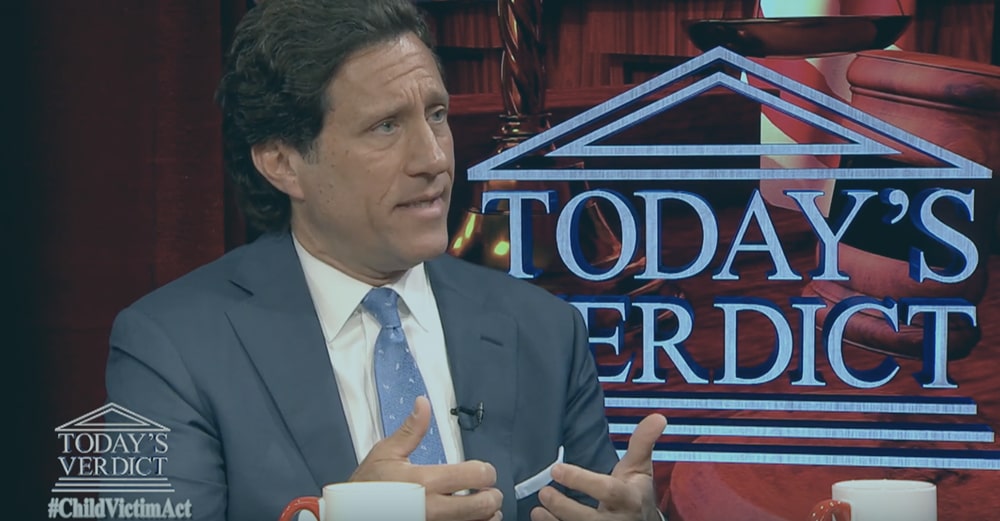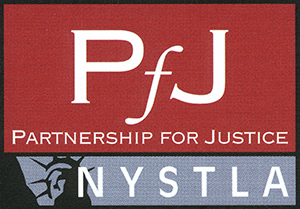The Current State of e-discovery and Social Media Websites
Posted on October 28th, 2013 by Oddo & Babat, P.C.
In September 2012, Twitter gave a sealed document to a New York criminal court containing three months worth of tweets and data from an Occupy Wall Street protester’s Twitter account. Both the defendant, charged with disorderly conduct, and Twitter filed motions to stop the subpoena but were denied by the judge.
The case has led Twitter to seek a finding in higher court to deny responsibility for users’ posts and avoid future subpoenas – and has led to much discussion among court and government officials regarding discovery of litigation evidence on social media websites. Discovery is the process by which each party in a lawsuit can learn what evidence the opposing side has relevant to the dispute in preparation for trial. In 2006, the Federal Rules of Civil procedure recognized “electronic discovery” or “e-discovery” as the legal term for the process of identifying and collecting electronically stored information (ESI) as evidence, including emails, documents, databases, audio and video files, website content – and social media data.
Those in the justice system familiar with the current state of e-discovery share a consensus that officials should act now to ensure that the process is handled expertly and inexpensively going forward. In a 2010 report, Electronic Discovery in the New York States Court, the NYS Unified Court expressed concern about the cost and lack of consistency in handling e-discovery. They noted that ESI is often more difficult to identify and preserve than hardcopy evidence and can be modified or deleted, so new spoliation of evidence laws are needed. In early 2013, the Advisory Committee on Civil Rules met to discuss and propose new e-discovery rules that would better standardize the processes involved in obtaining electronic information.
All forms of social media, including posts and messages on Twitter, Facebook and other popular sites, have complicated legal discovery. According to a recent study by the Pew Internet & American Life Project, 50% of Facebook users desire to keep data regarding their relationships, communications, photos and interests private. Many individuals assume that what they post is protected by privacy laws and is not discoverable, though the reality is courts continue to find that individuals generally do not have a reasonable expectation of privacy on social media sites — regardless of their privacy settings.
Recently, Governor Cuomo signed a bill amending New York’s protective order statute, allowing individuals who are not party to a lawsuit to object to discovery of evidence associated with them. While ESI and social media discovery concerns were not behind this decision, it will certainly have an impact on what is considered discoverable in online communities. For example, an individual involved in a child support case claims a low income. In a private Facebook message, a friend mentions an expensive trip they took together recently. With this new ruling, if this message is discovered as evidence in the case and the friend is subpoenaed, he would have the right to object.
Every minute, social media users create massive amounts of data. According to Founder & CEO of Domo.com Josh James, Facebook users share 684,478 pieces of content; Tumblr blog owners publish 27,778 new posts; YouTube users upload 48 hours of new video; Foursquare users perform 2,083 check-ins; Flickr users add 3,125 new photos, and Instagram users share 3,600 new photos.
Clearly, as social media sites increase in popularity, so does the need to address issues of e-discovery and preservation of social media data. As court and government officials become more aware of the need for standardized rules in the process, so too should the over one billion social media users gain a better understanding of what they should – and should not—share in online communities.


 I consulted with David the first time a couple of years ago on a serious matter that affected a very close member of my family. Not expecting a good experience from this serious situation coupled with an attorney consultation, the entire thing surprised me as it was pleasant, professional, and completely successful. We found him clear, direct, generous and extremely knowledgeable throughout the process. I give my very strongest recommendation
I consulted with David the first time a couple of years ago on a serious matter that affected a very close member of my family. Not expecting a good experience from this serious situation coupled with an attorney consultation, the entire thing surprised me as it was pleasant, professional, and completely successful. We found him clear, direct, generous and extremely knowledgeable throughout the process. I give my very strongest recommendation








